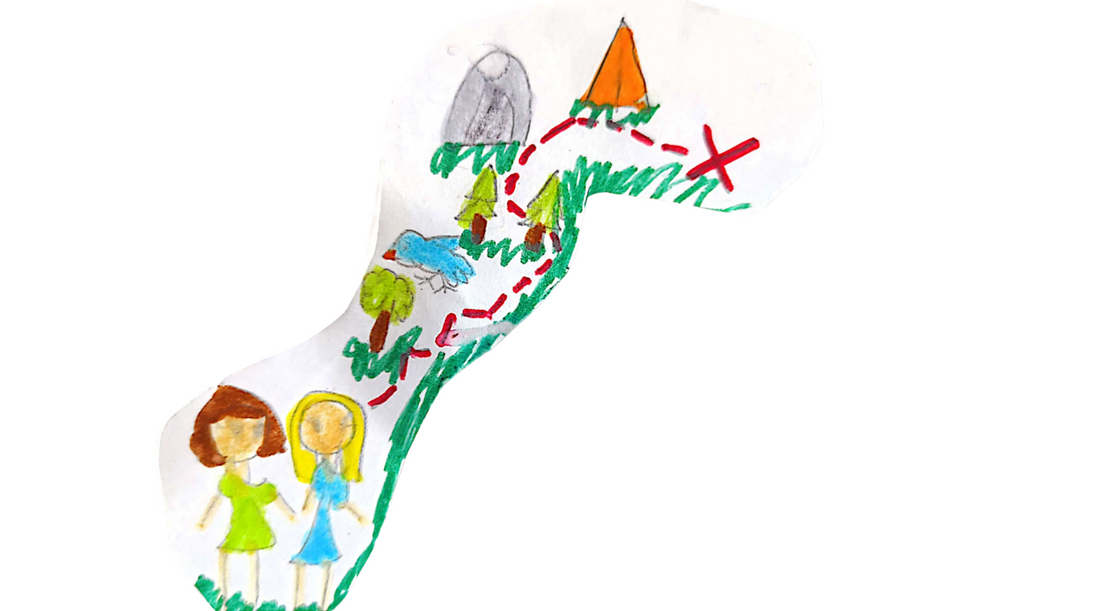We all know kids love to play. Whether it's building castles out of blocks, chasing each other around the yard, or engaging in a fierce game of hide-and-seek, playtime is a huge part of childhood, and every child approaches play in their own way. But did you know that play is more than just a way for your little ones to burn off energy? It's actually a crucial part of their development!
Brain Power
When kids play, they’re not just having fun; they’re also learning. Play stimulates brain development and helps kids improve their cognitive skills. Whether it's solving a puzzle, building with Legos, trying to build a block tower, or inventing a new game, these activities challenge their brains and promote critical thinking.
Social Skills
Playtime often involves other children, and that means social interaction! Through play, children learn to share, take turns, and communicate with others. They pick up on social cues, learn how to negotiate, and even resolve conflicts. These interactions are the building blocks of strong social skills that they’ll use throughout their lives.
Creativity
Have you ever watched your child turn a cardboard box into a spaceship? That’s creativity at work! Play allows kids to use their imagination and come up with new ideas. This kind of creative thinking is not just fun but also essential for problem-solving and innovation. Who knows, your little one might just be the next great inventor or artist! But if at an early age they are not exposed to creative play, those skills are not going to be developed.
Physical Development
Running, jumping, climbing, and playing sports all contribute to your child's physical development. These activities help build strength, coordination, and motor skills. Plus, they’re a great way to keep your child active and healthy.
Emotional Growth
Through play, children explore their emotions and learn how to express themselves. Whether they’re acting out a story with dolls or playing a competitive game, they’re processing feelings and learning about empathy and understanding. Play can be a safe space for them to explore their emotions and build resilience.
Play as a Learning Tool
Play can be the magic approach to making something new and boring to learn, the new, most exciting thing, and they can keep doing it nonstop. I remember when my daughter started to learn about patterns, I introduced her to a pattern game. We practiced every day, and she loved it. Eventually, she created more complex patterns with rocks, leaves, and utensils and saw patterns everywhere.
Educational play, such as board games, building blocks, open-ended materials, or even drawing, can reinforce what kids learn in school. These fun activities make learning enjoyable and help concepts stick.
How You Can Support Play
As parents, you play a huge role in encouraging play. Here are a few tips to help your kids get the most out of their playtime:
- Provide a Safe Space: Make sure they have a safe area where they can play freely and explore.
- Provide Open-ended material: These materials have endless possibilities for exploration and creativity.
- Time: Allow them some time just to play without anything scheduled.
- Join In: Sometimes, the best way to encourage play is to get involved yourself. But it’s essential to follow the children’s lead. This is not about you. It is about them and their interests. You are just supporting, not giving direction, so Have Fun!
- Encourage a Variety of Play: Offer different types of toys and activities to keep things exciting.
- Limit Screen Time: Playing is a mindful activity. Children need to have all their senses involved in what they are doing. Therefore, turn all devices off!
Remember, play is not just a way for kids to pass the time. It’s a fundamental part of their growth and development. So, next time your child is lost in their world of play, know that they’re doing some serious growing, learning, and developing. And most importantly, while they’re having a blast!

